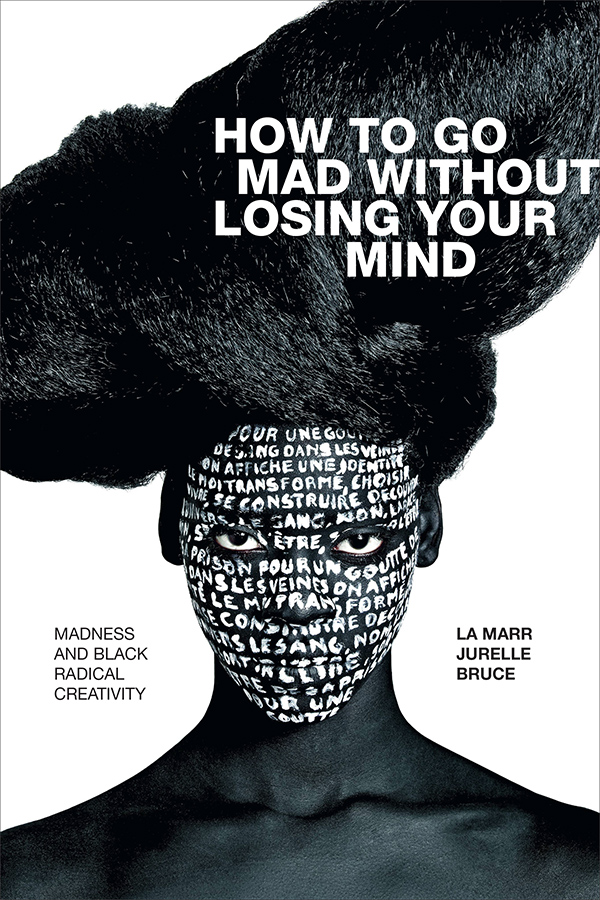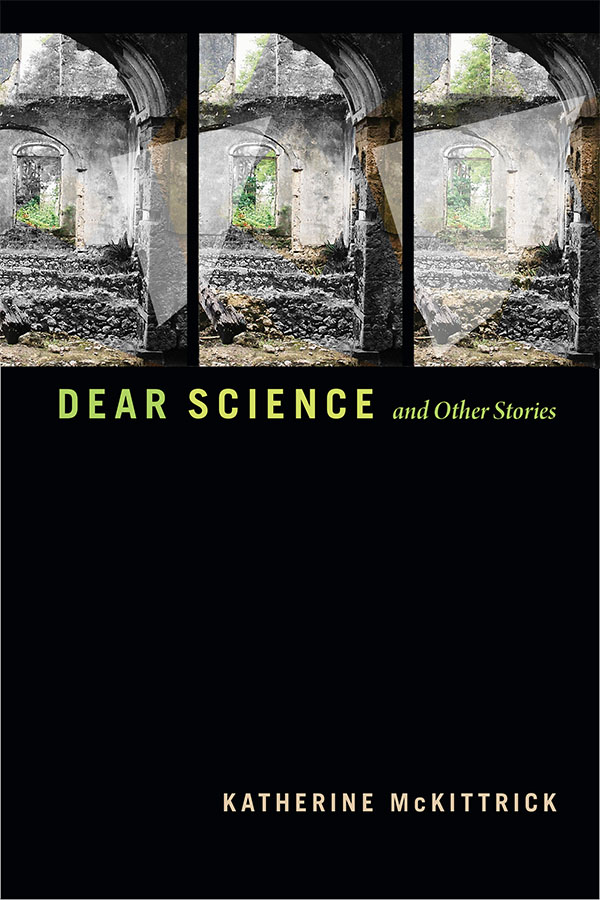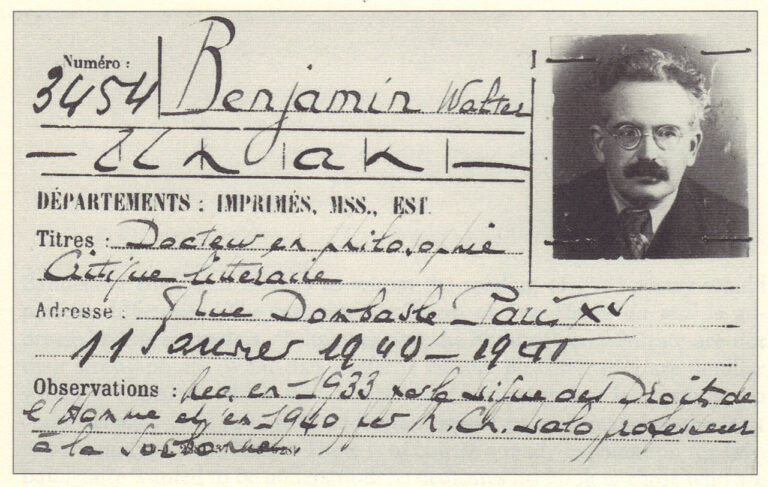This essay is a meditation on the place of grief in graduate student life, an accounting for the ways that the pandemic has shaped research and the work that disabled graduate students have had to do to stay afloat. I begin by meandering through the grief of a family bereavement into the range of other kinds of crip grief that emerged at the start of the COVID-19 pandemic. Thinking with grief across scales, I ask the following questions: what might it mean to research and to write when our fields of inquiry shift even as they are being studied? How might we hold on to hope as a political practice even as undercurrents of grief work to wash it away? Where and how might we find and work with methodologies and practices that prioritize our embodied experiences during precarious, difficult times? Drawing on Melissa Kapadia’s work on chronic illness methodology and Gökce Günel, Saiba Varma, and Chika Watanabe’s manifesto for patchwork ethnography, I attend to the place of patchwork as a survival strategy for and beyond field research. Ultimately, this essay works with grief’s non-linearity, patching together memories and experiences to document one experience of the early years of the pandemic as means of making the aloneness of our graduate journeys less commonplace.
Keyword: methodology
Review of How to Go Mad without Losing Your Mind: Madness and Black Radical Creativity by La Marr Jurelle Bruce (Duke University Press)
How to Go Mad without Losing Your Mind offers a poignant study of what author La Marr Jurelle Bruce calls “mad methodology,” extending care and consideration to Black artists historically, fictionally, and contemporaneously rendered mad by oppressive anti-Black capitalist discursive practices. Reflecting on the creative practices of Buddy Bolden, Nina Simone, Lauryn Hill, and Dave Chappelle, among others, Bruce provides a clear-cutting analysis of the ways normative cultural logics work to figure Black art and protest as inherently mad.
Review of Dear Science and Other Stories by Katherine McKittrick (Duke University Press)
With Dear Science and Other Stories, Katherine McKittrick does the work of liberation and enacts new ways of being. Building on her previous studies, this collection engages in a story-sharing, collaborative praxis that emerges from a “black sense of place.” McKittrick’s Black and anti-colonial methodologies are “rebellious,” “relational, intertextual, and interdisciplinary”—thereby “breaching” the “recursive,” “self-replicating” logics of “our present order of knowledge” (44, 2, 23, 163). Dear Science invents, reinvents, and reimagines “being human as praxis” through an aesthetic practice of deciphering theoretical texts, photographs, sounds, dance, and song (159). Illustrating her commitment to Black intellectual life, McKittrick writes, listens, and feels in communion with other creatives. In so doing, McKittrick skillfully bursts open the gatekeeping conventions that limit thought, and challenges readers to question what they think they know.
How to Do Things with Walter Benjamin
Walter Benjamin is now a common reference point within cultural studies. But while a considerable secondary literature has emerged around his work, efforts to build upon his contributions by operationalizing the method they elaborate have remained relatively rare. Nevertheless, I maintain that it is solely through such operationalization that Benjamin’s intellectual project can truly be understood. In this article, I provide a sketch of Benjamin’s intellectual biography—with particular emphasis given to the purported tension between his metaphysics and his materialism—to highlight the overarching methodological coherence of his approach. In conclusion, I demonstrate how this method might be operationalized by cultural studies scholars today.
Critical Disability Studies as Methodology
Response to Julie Avril Minich, “Enabling Whom? Critical Disability Studies Now,” published in Lateral 5.1. Schalk calls for a shift in thinking that directly affects action and discusses creating classroom experiences that help students to critique intersecting social structures in their everyday encounters.




